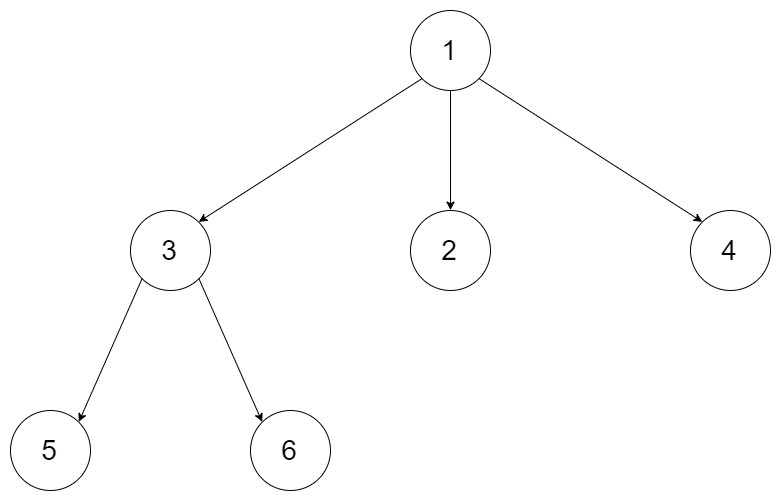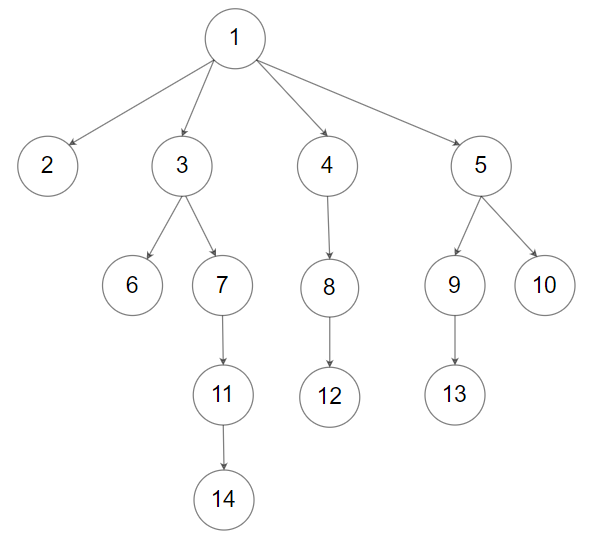2021-08-06 Daily-Challenge
Today I have done Largest Substring Between Two Equal Characters and leetcode's August LeetCoding Challenge with cpp.
Largest Substring Between Two Equal Characters
Description
Given a string s, return the length of the longest substring between two equal characters, excluding the two characters. If there is no such substring return -1.
A substring is a contiguous sequence of characters within a string.
Example 1:
Input: s = "aa"
Output: 0
Explanation: The optimal substring here is an empty substring between the two 'a's.
Example 2:
Input: s = "abca"
Output: 2
Explanation: The optimal substring here is "bc".
Example 3:
Input: s = "cbzxy"
Output: -1
Explanation: There are no characters that appear twice in s.
Example 4:
Input: s = "cabbac"
Output: 4
Explanation: The optimal substring here is "abba". Other non-optimal substrings include "bb" and "".
Constraints:
1 <= s.length <= 300scontains only lowercase English letters.
Solution
int front[26];
int back[26];
class Solution {
public:
int maxLengthBetweenEqualCharacters(string s) {
for(int i = 0; i < 26; ++i) {
front[i] = 1000;
back[i] = -1000;
}
for(int i = 0; i < s.length(); ++i) {
int c = s[i] - 'a';
front[c] = min(front[c], i);
back[c] = max(back[c], i);
}
int answer = -1;
for(int i = 0; i < 26; ++i) {
answer = max(answer, back[i] - 1 - front[i]);
}
return answer;
}
};
// Accepted
// 54/54 cases passed (0 ms)
// Your runtime beats 100 % of cpp submissions
// Your memory usage beats 86.26 % of cpp submissions (6.2 MB)
August LeetCoding Challenge 6
Description
N-ary Tree Level Order Traversal
Given an n-ary tree, return the level order traversal of its nodes' values.
Nary-Tree input serialization is represented in their level order traversal, each group of children is separated by the null value (See examples).
Example 1:

Input: root = [1,null,3,2,4,null,5,6]
Output: [[1],[3,2,4],[5,6]]
Example 2:

Input: root = [1,null,2,3,4,5,null,null,6,7,null,8,null,9,10,null,null,11,null,12,null,13,null,null,14]
Output: [[1],[2,3,4,5],[6,7,8,9,10],[11,12,13],[14]]
Constraints:
- The height of the n-ary tree is less than or equal to
1000 - The total number of nodes is between
[0, 10^4]
Solution
it's easy to come up with a interval DP solution
auto speedup = [](){
cin.tie(nullptr);
cout.tie(nullptr);
ios::sync_with_stdio(false);
return 0;
}();
class Solution {
public:
vector<vector<int>> levelOrder(Node* root) {
if(!root) return {};
vector<vector<int>> answer;
queue<Node*> q;
q.push(root);
while(q.size()) {
int sz = q.size();
vector<int> level;
for(int _ = 0; _ < sz; ++_) {
auto cur = q.front();
q.pop();
level.push_back(cur->val);
for(auto child : cur->children) {
q.push(child);
}
}
answer.push_back(level);
}
return answer;
}
};
// Accepted
// 38/38 cases passed (20 ms)
// Your runtime beats 86.78 % of cpp submissions
// Your memory usage beats 34.23 % of cpp submissions (11.9 MB)